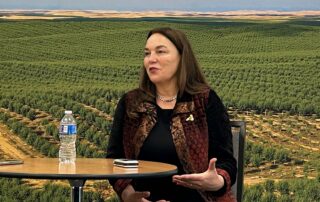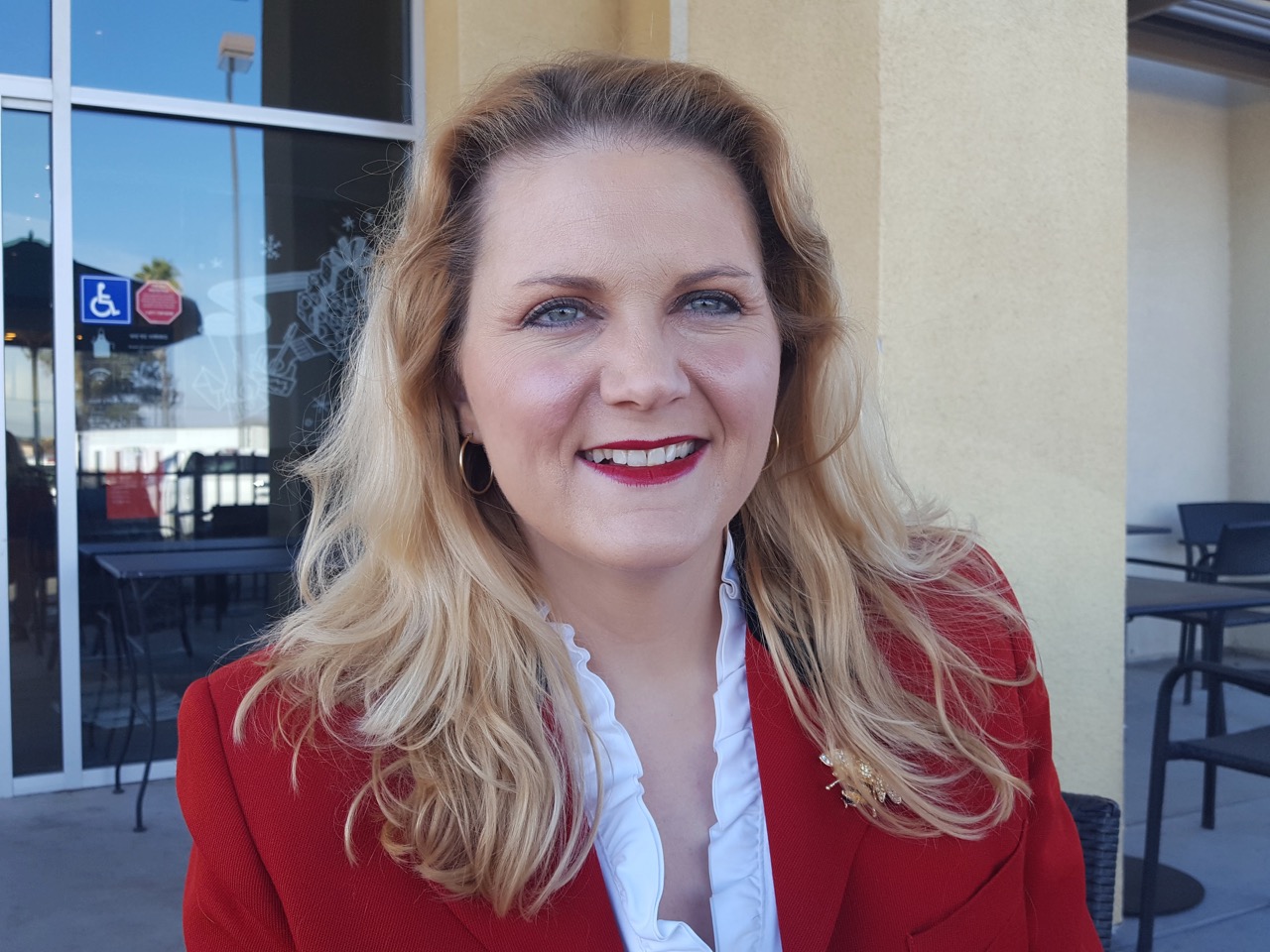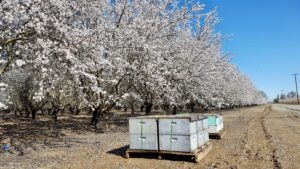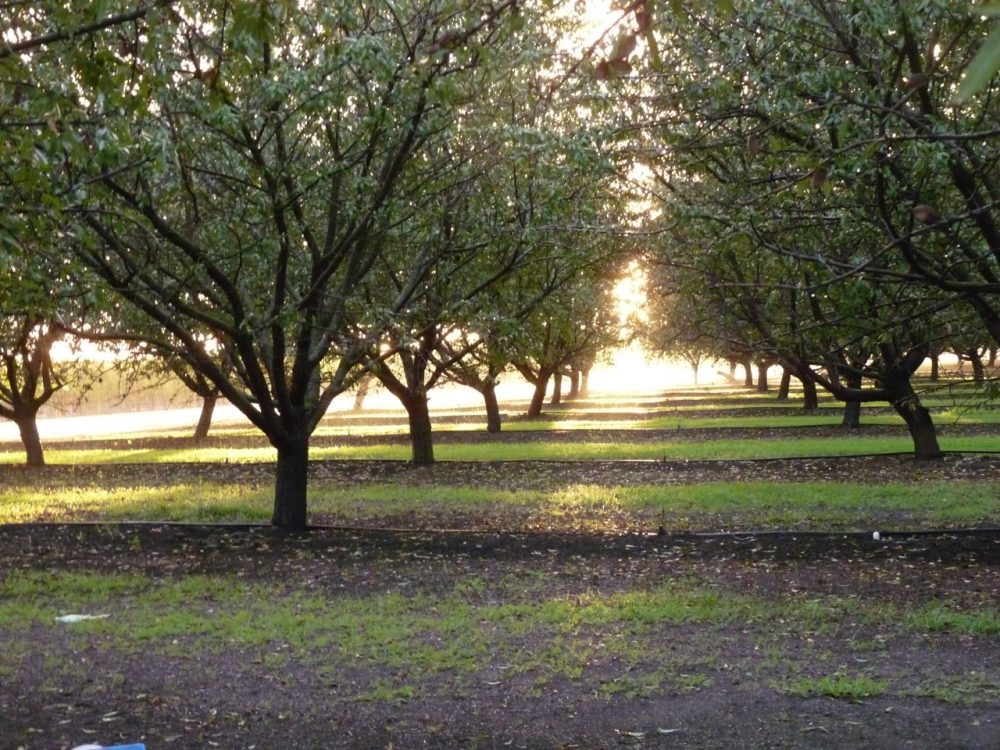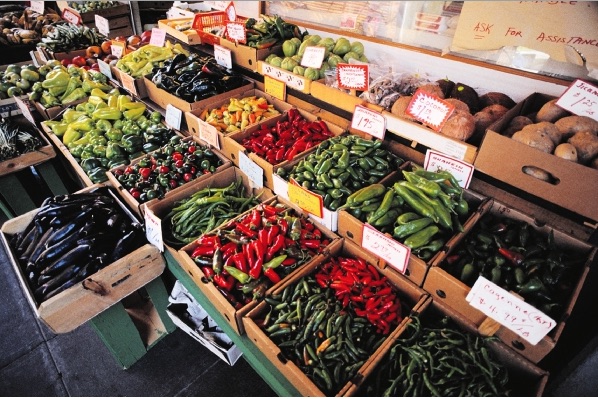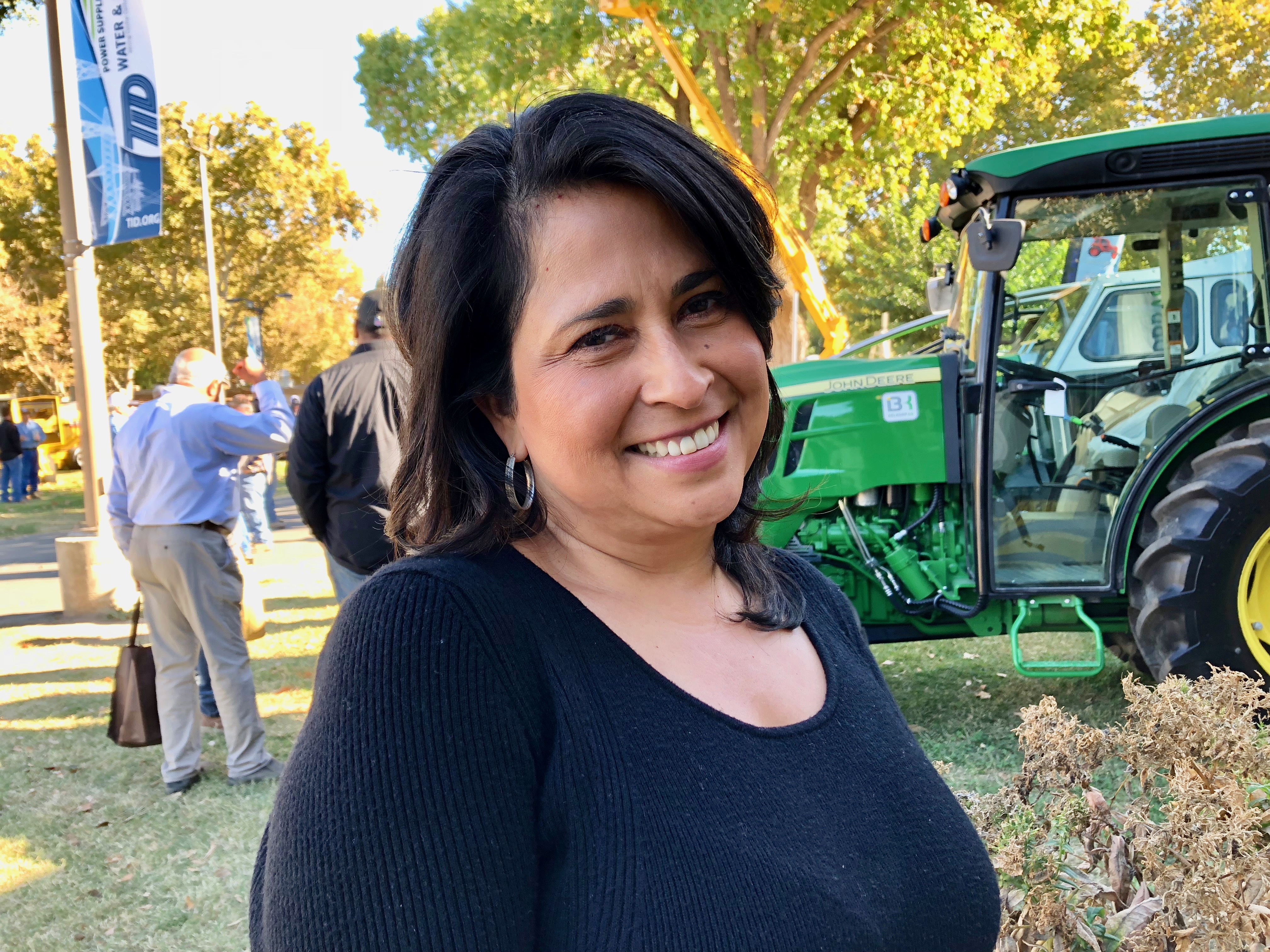Almonds
Clarice Turner Will Take the Reins of the Almond Board of California Soon
Turner Comes from A Ninth Generation California Farming Family
By Patrick Cavanaugh with the Ag Information Radio Network
Meet Clarice Turner, who will be the new President and CEO of the Almond Board of California at the end of this month. She is following Richard Waycott who is stepping down as the President and CEO of the Almond Board following 21 years of service.
She comments on her new role at the Almond Board of California. “I could not be more pleased to be in this role. My passion for ag stems a long time back to 1773, that’s nine generations of being a Californian family, and my family has farmed so many different crops over the years as things come and go,” noted Turner. “I used to do peaches in Modesto, but try to find a stone fruit in Modesto now, there are not too many of them.”
“But it’s a great pleasure to have this role because I’m so passionate about agriculture in the state and I’m worried about it honestly, and the opportunity to be able to make a difference on behalf of a lot of agriculture because we represent such a huge category within the state and frankly within the U.S,” she said.
“That’s a great honor, and pleasure, and I’m not sure exactly how we’re going to go about it yet, but I’m learning like crazy,” noted Turner. “And what I do know is that there is an amazing group of people out there who care deeply and have lots of ideas, and we are very fortunate to have leaders in the industry who want to collaborate and work together. That gives me a lot of hope and fuels my passion to be able to help take us forward,” she noted.

